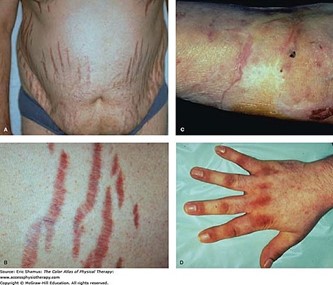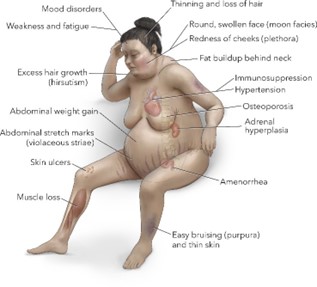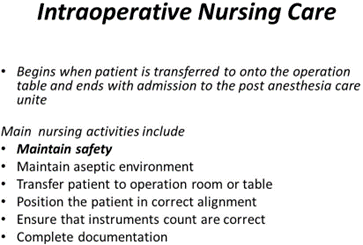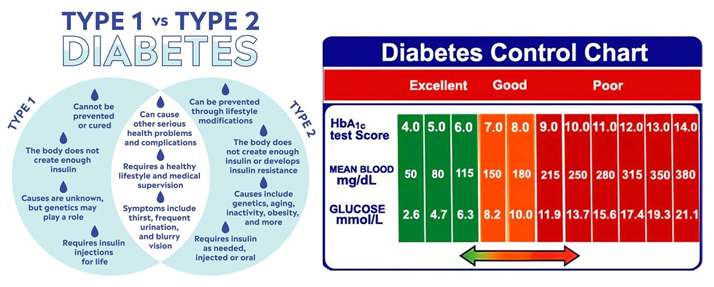During a clinic visit 3 months following a diagnosis of type 2 diabetes, the patient reports following a reduced-calorie diet. The patient has not lost any weight and did not bring the glucose-monitoring record. The nurse will plan to obtain a(n)
fasting blood glucose level.
oral glucose tolerance test.
urine dipstick for glucose.
glycosylated hemoglobin level.
The Correct Answer is D
The patient has been diagnosed with type 2 diabetes and reports following a reduced-calorie diet but has not lost any weight. This suggests that the patient may not be following the diet as prescribed or may have other factors affecting their blood glucose levels. Additionally, the patient did not bring their glucose monitoring record, which is an important tool for assessing blood glucose control over time.
In this situation, obtaining a fasting blood glucose level or an oral glucose tolerance test may provide a snapshot of the patient's blood glucose level at the time of the test, but these tests do not provide information about blood glucose control over the past few months. A urine dipstick for glucose is a less reliable method for assessing blood glucose control and is not recommended for routine monitoring.
Therefore, obtaining a glycosylated hemoglobin (HbA1c) level is the most appropriate test in this situation. HbA1c reflects the average blood glucose level over the past 2-3 months and is recommended for routine monitoring of blood glucose control in patients with diabetes. This test can provide valuable information about the effectiveness of the patient's diet and any other interventions aimed at controlling their blood glucose levels.
Nursing Test Bank
Naxlex Comprehensive Predictor Exams
Related Questions
Correct Answer is D
Explanation
Cushing syndrome is a hormonal disorder caused by prolonged exposure to high levels of cortisol hormone in the body. It can cause a variety of physical manifestations, including truncal obesity, thin arms, and legs, decreased axillary and pubic hair, hypertension, glucose intolerance, osteoporosis, and purple striae (stretch marks) on the abdomen.
Out of the options given, the nurse would expect to find purplish-red streaks on the abdomen as an additional manifestation of Cushing syndrome.


Correct Answer is B
Explanation
Counting sponges, needles, and surgical instruments is an intraoperative activity that is specific to the circulating function of the perioperative nurse. The nurse is responsible for maintaining an accurate count of all surgical items to prevent leaving any foreign objects inside the patient after the surgery. This is a crucial task to ensure patient safety and prevent any potential complications that may arise from such errors.
Option a. admitting, identifying, and assessing the patient, is a preoperative function that is usually performed by the preoperative nurse.
Option c. passing instruments to the surgeon and assistants, is a scrub nurse function that requires knowledge of the surgical procedure and a sterile technique.
Option d. preparing the instrument table and sterile equipment is also a scrub nurse function that requires expertise in sterile technique, knowledge of surgical procedures, and the ability to maintain a sterile environment.

Whether you are a student looking to ace your exams or a practicing nurse seeking to enhance your expertise , our nursing education contents will empower you with the confidence and competence to make a difference in the lives of patients and become a respected leader in the healthcare field.
Visit Naxlex, invest in your future and unlock endless possibilities with our unparalleled nursing education contents today
Report Wrong Answer on the Current Question
Do you disagree with the answer? If yes, what is your expected answer? Explain.
Kindly be descriptive with the issue you are facing.

